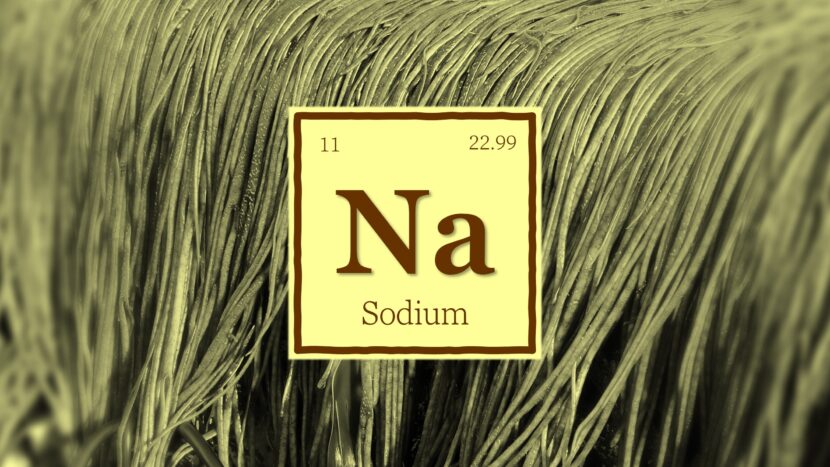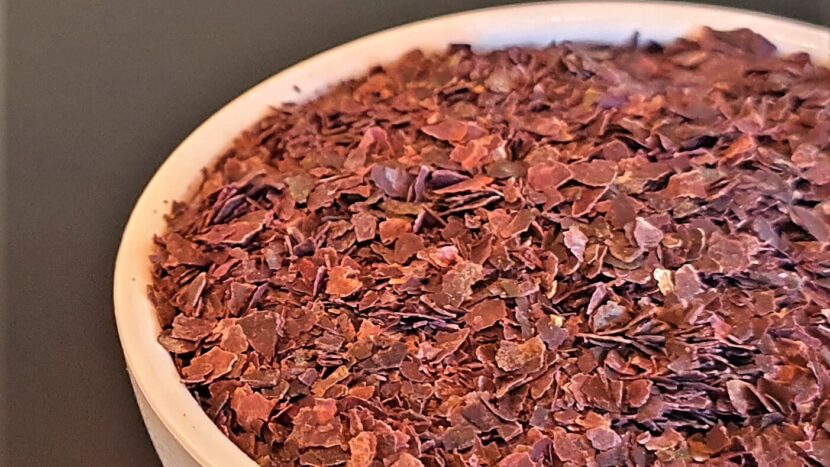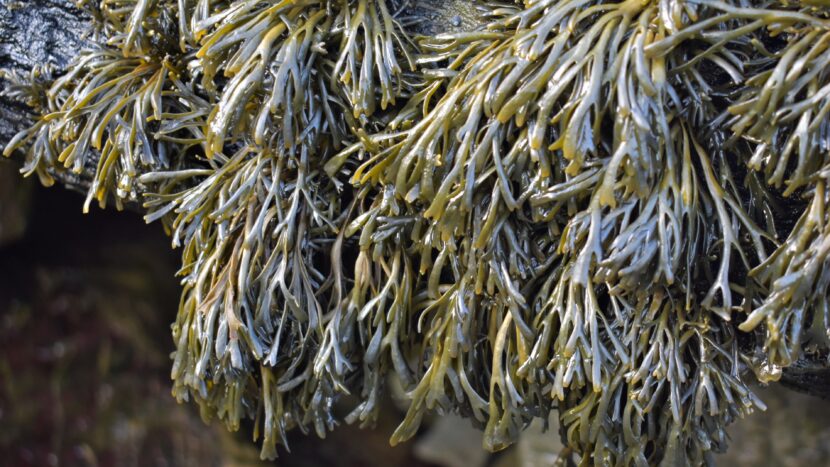Seaweed as a healthy supplement for dogs

When it comes to our canine companions, we want to make sure they are getting the best nutrition possible. There are many natural supplements to traditional dog food that can greatly benefit our furry friends. One such superfood is seaweed and in this article we will explore the benefits of seaweed for dogs and how it is aligned to trends in the European dog food market.
What types of seaweed?
Seaweeds are marine algae that grow in the ocean. All species of seaweed are packed with essential vitamins and minerals, making it a nutrient-dense food source. There are many different types of seaweed, but the most commonly used for dogs are wracks. Unfortunately, many names are used for the same varieties and this can make it confusing for manufacturers and consumers. This is why the team at Horizon Seaweed often use the precise scientific names. Many dog food ingredients labels will simply declare seaweed or kelp, but this will almost always be the species Ascophyllum nodosum. We call this variety knotted wrack, but it’s also known as sea kelp and Hebridean kelp. However, there are many more varieties of seaweed that are great supplements for dogs.
Horizon Seaweed meets dog food trends
According to the trade body for the European pet food industry [1], there are over 100 million dogs in Europe, with 25% of households enjoying their company. A recent report from Future Market Insights [2] estimated the current market for dog food in Europe was over €45 billion in 2023, with 6% CAGR growth expected to 2033. It also highlighted several key trends to drive growth in the coming decade:
- Growing preference for high-quality ingredients
- Clear shift to healthy, nutrient-dense food
- Humanisation and premiumisation driving innovative formulations
- Plant-based pet food to align with vegan consumer habits
The human-food grade products supplied by Horizon Seaweed are ideal to help pet food manufacturers meet these trends. A handful of companies account for almost all dog food production in Europe, with smaller independents accounting for around 10% of the market. It is likely that new pioneering brands will lead the forecasted paradigm shift in dog nutrition.
Benefits of seaweed for dogs
Rich in minerals
Seaweed is a powerhouse of nutrients that can greatly benefit your dog's health. It is a particularly rich source of minerals such as calcium, magnesium and potassium. These nutrients are essential for maintaining a healthy immune system, strong bones and overall well-being. One of the unique benefits of seaweed is the naturally high iodine content, which helps regulate the thyroid gland.
Aids digestion
Seaweed is an incredible source of complex carbohydrates, including soluble fibre that helps improve digestion. It can also act as a prebiotic, promoting the growth of beneficial bacteria in the gut. This can help alleviate digestive issues such as constipation and diarrhoea.
Oral health
One of the most astonishing benefits of seaweed supplements is improved oral health. In a robust study encompassing different dog breeds [3], edible treats containing seaweed were shown to decrease plaque and calculus accumulation. Interestingly, these remarkable changes are linked neither to a scouring effect nor the calcium content that we all associate with dental health. Sulphated polysaccharides in seaweed have unique bioactive properties that appear to show anti-microbial activity and it seems that mixing with saliva is important.
Sourcing quality ingredients for dog food
Seaweed is actually found in many dog foods already. However, like many pet food ingredients, mass manufacture means a race to the bottom in terms of quality and cost. This will mean use of bulk-produced knotted wrack from countries like Ireland, France or Norway. This is continuously dried at high temperatures of 70—80°C, which degrades many micronutrients. Horizon Seaweed is focused on producing high quality, food-grade ingredients, which starts with careful selection through hand harvesting. We are proud to hold organic accreditation from the Soil Association. Our low temperature drying helps retain the nutrients that are critical for health.
Our seaweed is already being used by pet food manufacturers in the UK and Europe, mixed into wet feed and dry kibble. Many of our customers have swapped out bulk produced seaweed for our sustainably sourced seaweed to meet their vision of creating healthy, sustainable meals for our four-legged friends. For targeted oral health benefits, we recommend incorporating seaweed into a topper or treat to maximum contact time with the teeth.

A variety recommended for pet food: Bladder wrack (Fucus vesiculosus)
Recommended varieties
Here at Horizon Seaweed, we have carried out extensive micronutrient and bioactive analysis of the varieties we harvest. Of the ten or so species we harvest, the most nutritionally dense is bladder wrack (Fucus vesiculosus). The reason we think knotted wrack has risen to prominence is largely due to its ready availability. Dulse (Palmaria palmata) is a type of red seaweed with a higher protein content. Blends are a great option, combining different micronutrients from a range of species.
Precautions
While seaweed will be a beneficial addition to a dog's diet, it is important to use it in moderation. This is largely down to the naturally high iodine content of seaweed. Too much iodine can be harmful and so care should be taken for any pet with a history of thyroid issues. Get in touch with us if you would like more information on the iodine content of different seaweeds.
The power of seaweed is its ability to absorb nutrients from the ocean. This means that it is essential to source seaweed from clean seas. Horizon Seaweed harvest in the far north of Scotland away from sources of pollution. Our sites are on exposed coastline with high water exchange.
Horizon Seaweed for healthy dogs
In conclusion, seaweed can be a healthy and nutritious supplement for dogs. Choosing high quality ingredients helps meet industry trends and Horizon Seaweed is well placed to help pet food manufacturers incorporate seaweed into their formulations.
Sources
[1] https://europeanpetfood.org/about/statistics/ FEDIAF represents the European pet food industry.
[2] https://www.futuremarketinsigh...
[3] (Gawor et al, 2018) https://www.frontiersin.org/ar...





